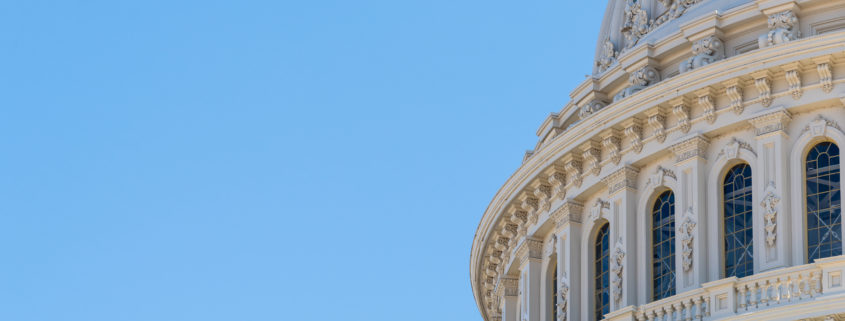SSGA leads way in delaying Japan phytosanitary certificate
In lieu of person-to-person meetings in Washington, D.C., the Specialty Soya and Grains Alliance (SSGA) board used technology to hold their board meeting and visit various federal regulators April 6-7.

SSGA met with U.S. Department of Agriculture (USDA) staff in the Foreign Agricultural Service (FAS), Federal Grain Inspection Service (FGIS) and Animal and Plant Health Inspection Service (APHIS) departments to discuss SSGA’s programs as well as Japanese market access issues. During these meetings, officials announced they received official communication from the Japanese Ministry of Agriculture, Forestry and Fisheries (MAFF) confirming the delay of the Japan phytosanitary requirement set to be implemented June 1.
In the past few months, SSGA led the way by documenting examples from its member companies to USDA about the difficulties of certifying under current practices and complying with Japan’s request.
“This move gives us the breathing room we need to work with USDA to find a cost-effective, fair way to create these new certificates,” says Todd Sinner, chair of SSGA’s food grade action team and partner at SB&B Foods, Inc. “This June 1 deadline was really an April deadline because our companies were starting to do as directed and fulfill the phyto requirement. It’s too big of a risk – if we get a rejection it can cost thousands in losses.”
Although Japan has not announced new dates for the implementation, SSGA will continue to pursue long-term solutions with APHIS, other agencies and industry partners from across the spectrum of U.S. agriculture.
“The whole industry needs to pull together,” says SSGA Executive Director Eric Wenberg. “Passing the regulatory or administrative reform in the United States needed to comply with Japan’s requirement will take a lot of effort. We can pursue solutions together. Identity-preserved (IP) field crop shipments are low-risk inputs to food manufacturing and we need to send them to customers with as much efficiency as possible.”
To get a phytosanitary certificate for these shipments, a sample inspection from FGIS officials would be necessary, which would incur fees from the official traveling, often to rural and remote areas, to take the sample; but also indirect costs and inefficiencies, such as managing the phyto certificates, missing scheduled shipments waiting on a sample to be taken and infrastructure updates.
“Our customers trust us and are satisfied with the current inspections and certifications we go through to ensure they’re receiving the purest product,” says Curt Petrich, SSGA chair and president of HC International in Fargo, N.D. “It’s important that SSGA works for its members to either exempt IP crops from this inspection requirement or develop solutions with APHIS to improve the process of obtaining a phytosanitary certificate.
SSGA’s meetings with FAS officials detailed SSGA’s use of the Agricultural Trade Promotion (ATP) grant funding and SSGA’s recent additional attention to expanding market development opportunities for specialty grains.
“We had three great meetings with various officials that helped us plan our next steps. We’ve realized the potential change here is the process of obtaining a phytosanitary certificate, not about the need for the certificate,” Petrich says. “Our next step is to give Japan a suggested date for the delay. The IP industry needs a delay of 12 to 18 months to implement the infrastructure to accommodate their request. It’s not time to quiet the conversation.”







Leave a Reply
Want to join the discussion?Feel free to contribute!